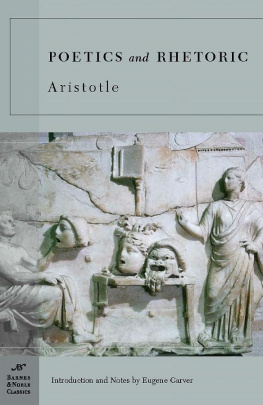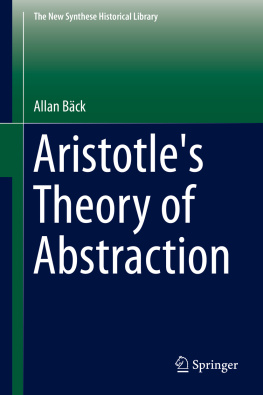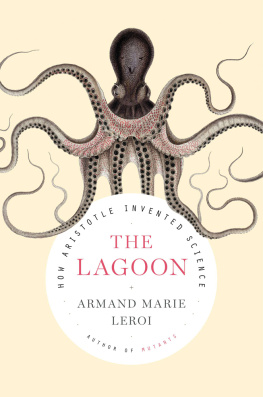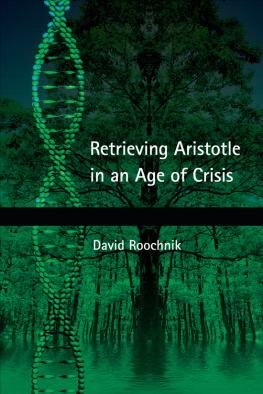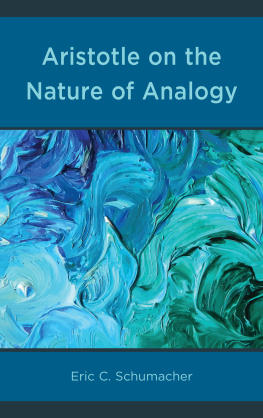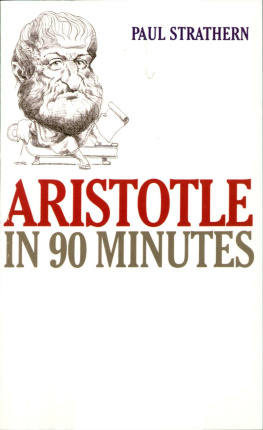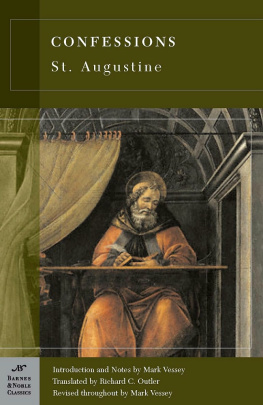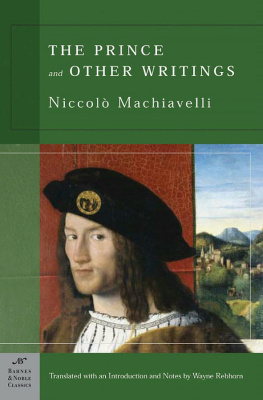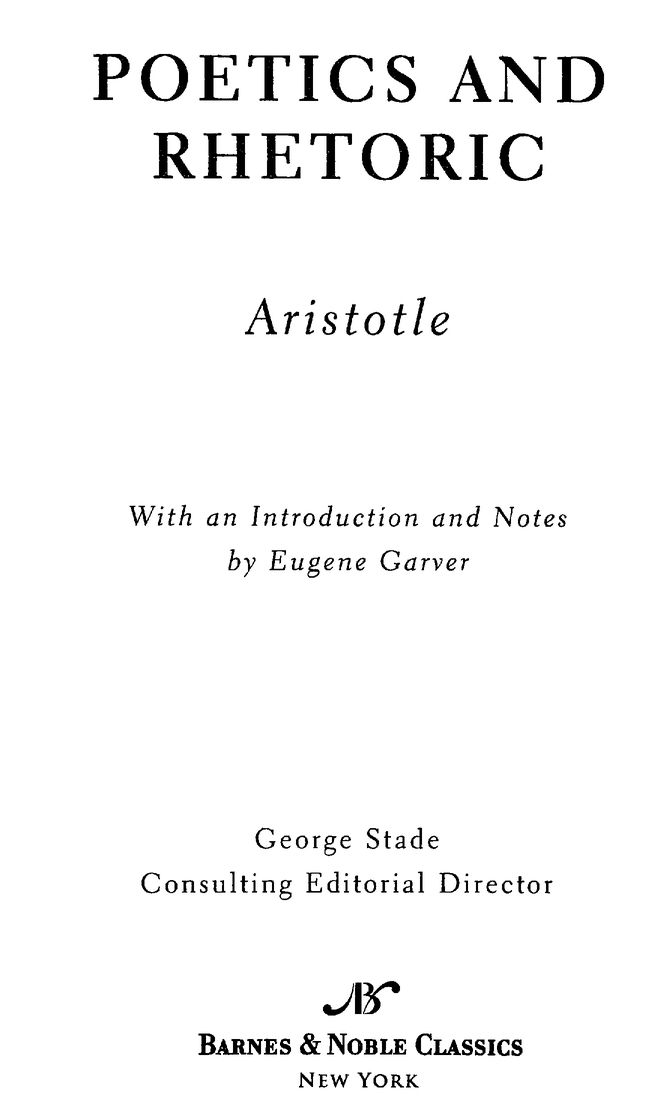Aristotle. - Poetics ; and, Rhetoric
Here you can read online Aristotle. - Poetics ; and, Rhetoric full text of the book (entire story) in english for free. Download pdf and epub, get meaning, cover and reviews about this ebook. City: New York, year: 2009;2005, publisher: Barnes & Noble Classics, genre: Science. Description of the work, (preface) as well as reviews are available. Best literature library LitArk.com created for fans of good reading and offers a wide selection of genres:
Romance novel
Science fiction
Adventure
Detective
Science
History
Home and family
Prose
Art
Politics
Computer
Non-fiction
Religion
Business
Children
Humor
Choose a favorite category and find really read worthwhile books. Enjoy immersion in the world of imagination, feel the emotions of the characters or learn something new for yourself, make an fascinating discovery.
- Book:Poetics ; and, Rhetoric
- Author:
- Publisher:Barnes & Noble Classics
- Genre:
- Year:2009;2005
- City:New York
- Rating:3 / 5
- Favourites:Add to favourites
- Your mark:
Poetics ; and, Rhetoric: summary, description and annotation
We offer to read an annotation, description, summary or preface (depends on what the author of the book "Poetics ; and, Rhetoric" wrote himself). If you haven't found the necessary information about the book — write in the comments, we will try to find it.
- New introductions commissioned from todays top writers and scholars
- Biographies of the authors
- Chronologies of contemporary historical, biographical, and cultural events
- Footnotes and endnotes
- Selective discussions of imitations, parodies, poems, books, plays, paintings, operas, statuary, and films inspired by the work
- Comments by other famous authors
- Study questions to challenge the readers viewpoints and expectations
- Bibliographies for further reading
- Indices & Glossaries, when appropriateAll editions are beautifully designed and are printed to superior specifications; some include illustrations of historical interest. Barnes & Noble Classics pulls together a constellation of influencesbiographical, historical, and literaryto enrich each readers understanding of these enduring works.
It is no exaggeration to say that all Western literary criticism flows from Aristotle. In the Poetics he focuses mainly on drama, especially tragedy, and introduces ideas that are still being debated more than two thousand years later. Among them is the often misunderstood theory of the unities of action, place, and time, as well as such concepts as: art as a form of imitation, and drama as an imitation of human actions; plot as a dramas central element, and reversal and recognition as important elements within a plot; and the purging of pity and fear from the audience as the function of tragedy. Rather than offer these ideas merely as abstract theories, Aristotle applies them in cogent analyses of the classic Greek dramasthe tragedies of Aeschylus, Sophocles, and Euripides.
In the Rhetoric, Aristotle turns to the principles of persuasive writing, including argumentation and the logical development of proof, appeals to emotion, and matters of delivery and style. Perhaps most essentially, Aristotle teaches us how to engage in the central civic activities of accusing and defending, recommending policies, and proving and refuting ideas.
These two foundational works are key documents for understanding the culture and politics of Western civilization, and how they continue to evolve today.
Eugene Garver is Regents Professor of Philosophy at Saint Johns University, Collegeville, Minnesota. He is the author of Machiavelli and the History of Prudence, Aristotles Rhetoric: An Art of Character, For the Sake of Argument: Practical Reasoning, Character, and the Ethics of Belief, and the forthcoming Living with Thought: A Confrontation with Aristotles Ethics.
Aristotle.: author's other books
Who wrote Poetics ; and, Rhetoric? Find out the surname, the name of the author of the book and a list of all author's works by series.

